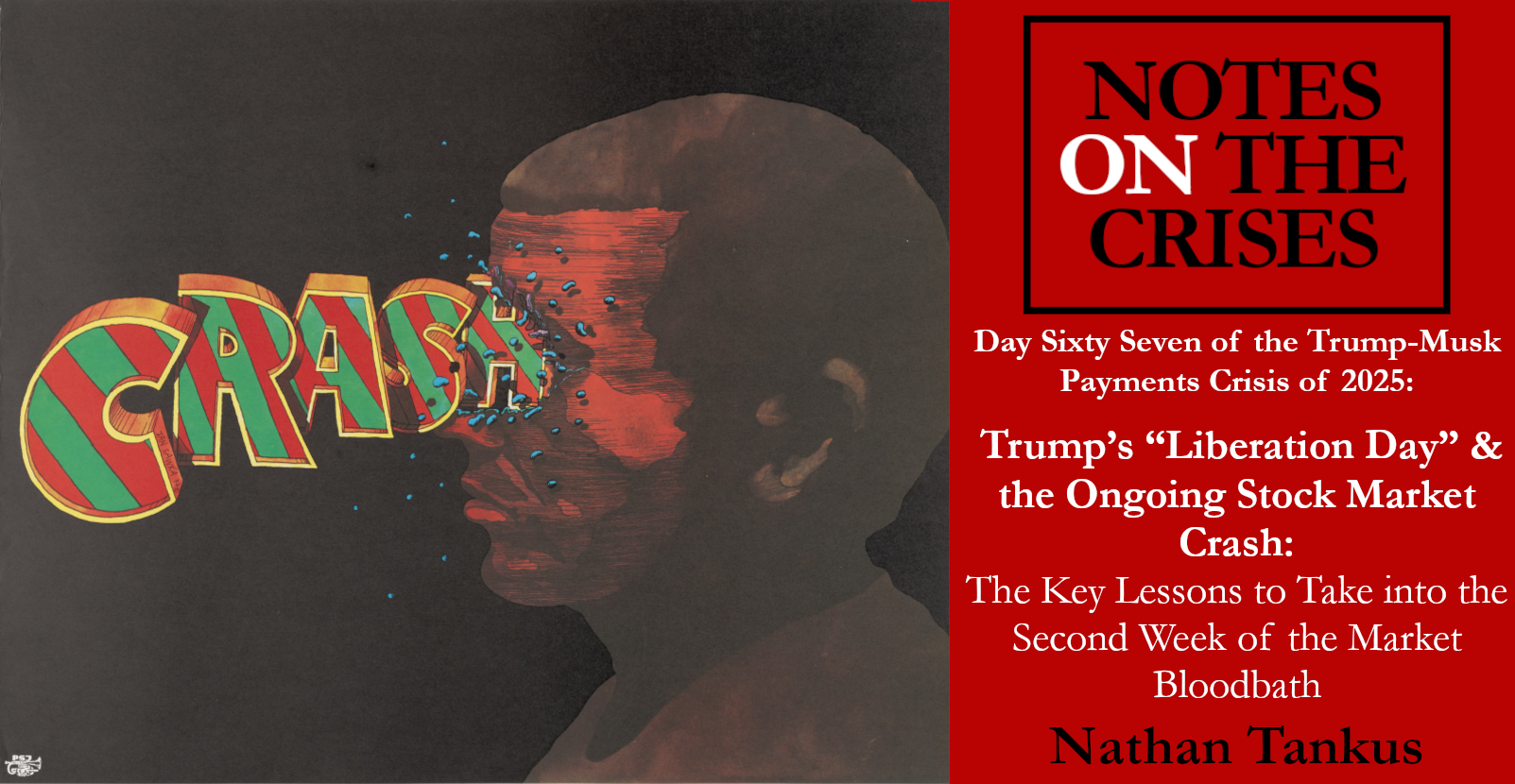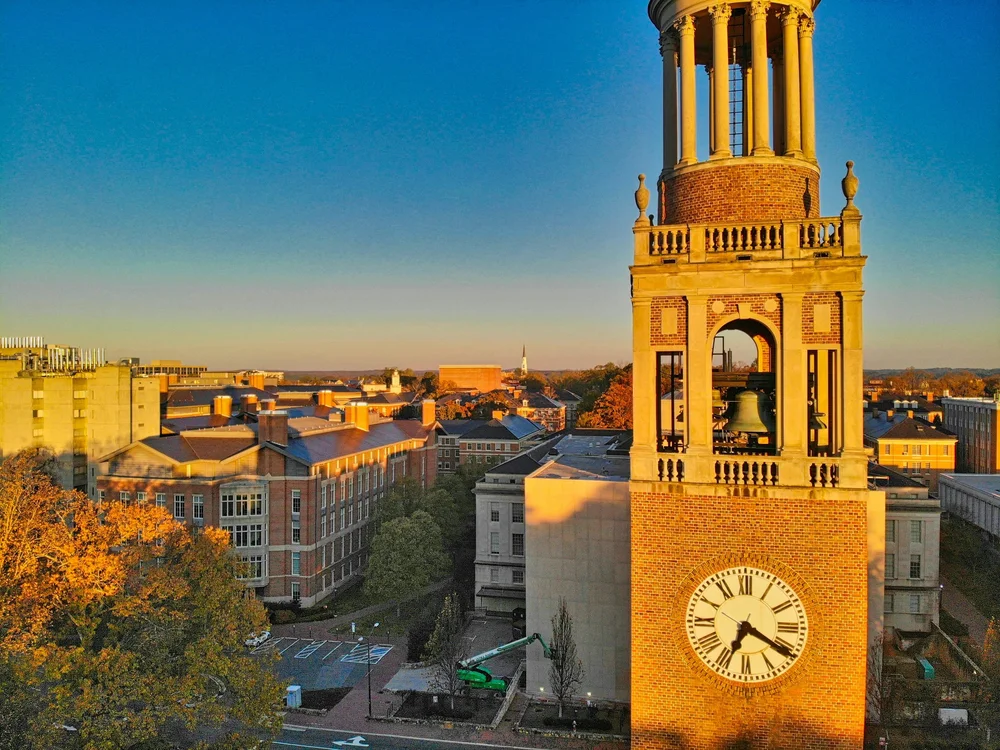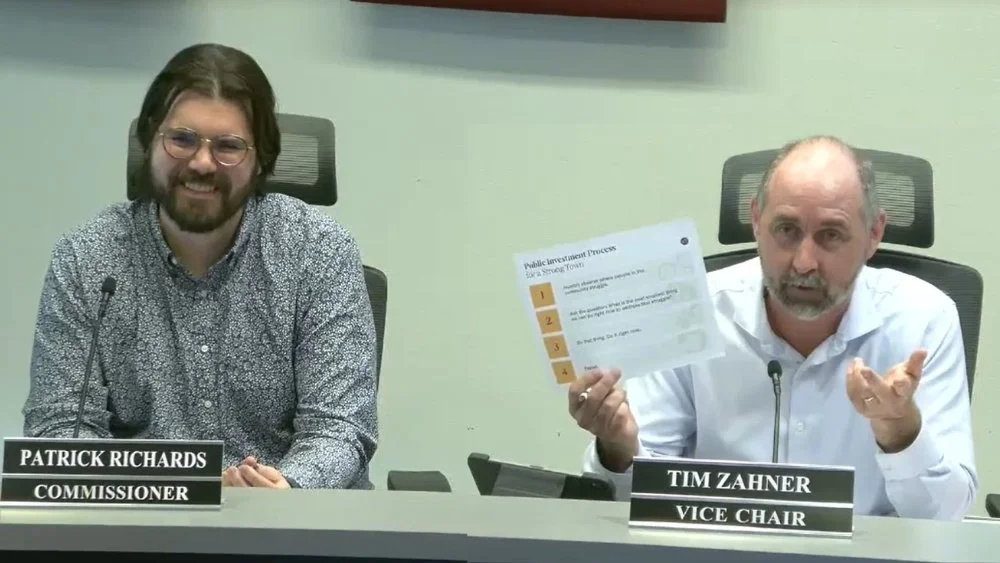The Tasmanian salmon industry has conceded that – following a recent mass death event on the state’s east coast – salmon from diseased commercial pens are being sold for human consumption.
It comes just days after the Albanese government and Dutton coalition worked together to ram through amendments to the Environmental Protection and Biosecurity Conservation Act, weakening the nation’s environment laws, specifically to protect the compromised salmon industry.
Questions now need to be answered by the federal Minister for Fisheries, Julie Collins, who is also the local member of Franklin in Southern Tasmania and has previously brushed aside problems with the salmon industry as a state issue.
It is now open for one of the multiple state ministers responsible for the Tasmanian Department of Natural Resources and Environment (DNRE), including Eric Abetz and Jane Howlett, to show leadership and inform everyone what, if any, steps they will take to protect the Tasmanian community and economy from an industry that is out of control.
“The Saturday Paper’s revelations are deeply disturbing. Anyone still eating salmon should beware,” said Eloise Carr, Director, The Australia Institute Tasmania.
“Salmon Tasmania has admitted that diseased fish are being sold for human consumption. It is now also apparent that fish full of antibiotics are being sold on supermarket shelves.














